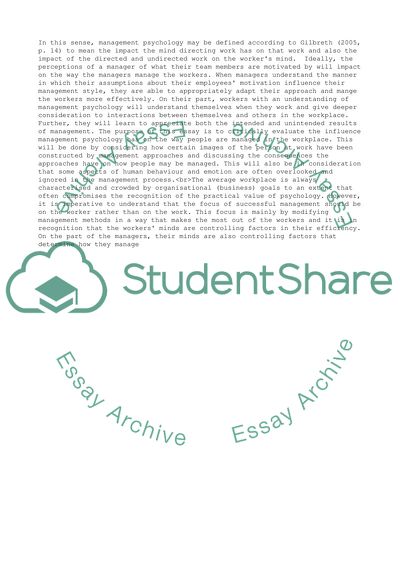Cite this document
(Management Psychology Coursework Example | Topics and Well Written Essays - 3000 words, n.d.)
Management Psychology Coursework Example | Topics and Well Written Essays - 3000 words. https://studentshare.org/management/1871762-management-psychology
Management Psychology Coursework Example | Topics and Well Written Essays - 3000 words. https://studentshare.org/management/1871762-management-psychology
(Management Psychology Coursework Example | Topics and Well Written Essays - 3000 Words)
Management Psychology Coursework Example | Topics and Well Written Essays - 3000 Words. https://studentshare.org/management/1871762-management-psychology.
Management Psychology Coursework Example | Topics and Well Written Essays - 3000 Words. https://studentshare.org/management/1871762-management-psychology.
“Management Psychology Coursework Example | Topics and Well Written Essays - 3000 Words”. https://studentshare.org/management/1871762-management-psychology.


